Fresh revelations have emerged on the real reason the remnants of Boko Haram terrorists are yet to to be cleared from north eastern part of the country by the Nigerian Army
According to a latest special report by by the Centre For Social Justice, Equity And Transparency (CESJET) fake news, foreign actors are major distractions to the Army in clearing remnants of Boko Haram elements operating in the north east.
This was made known at a workshop organized for Presidents and Secretaries of CSOs, NGOs, Social Media influencers, stakeholders by the Centre for Social Justice, Equity and Transparency (CESJET) held at the International Conference Centre, Abuja.
The report further tasked the media, citizens and all stakeholders to be patriotic in identifying and exposing fake news targeted at derailing the war against Nigeria’s enemies.

The full report signed by its Executive Secretary, Isaac Ikpa, below.
The menace of fake news in Nigeria is a time bomb waiting to explode. This is on the heels that misinformation and hate speech has threatened the peace, unity, security and the corporate existence of Nigeria.
The relevant authorities in Nigeria have strived to educate the populace on the demerits of fake news and how its continued patronage has aided the spread of terrorism in the country.
The Centre for Social Justice, Equity and Transparency, in carrying out one of its core mandate consequently commissioned a special report to look at the menace of Fake News in Nigeria in an attempt to bring to the fore the various factors responsible for the spread of Fake news in Nigeria, as well as measures the relevant authorities needs to put in place to curtail the spread of fake news in the country.
The Centre for Social Justice, Equity and Transparency x-rayed the origin of fake news in Nigeria and took a systematic approach in highlighting the impact on the Nigerian polity. It also looked at the various mediums through which fake news is propagated. The focus of the report was 2015 to 2019 to cover the years that fake news gained prominence in Nigeria. The choice of 2015-2019 was also informed by the numerous efforts of the relevant agencies in Nigeria towards arresting the menace of fake news in the polity.
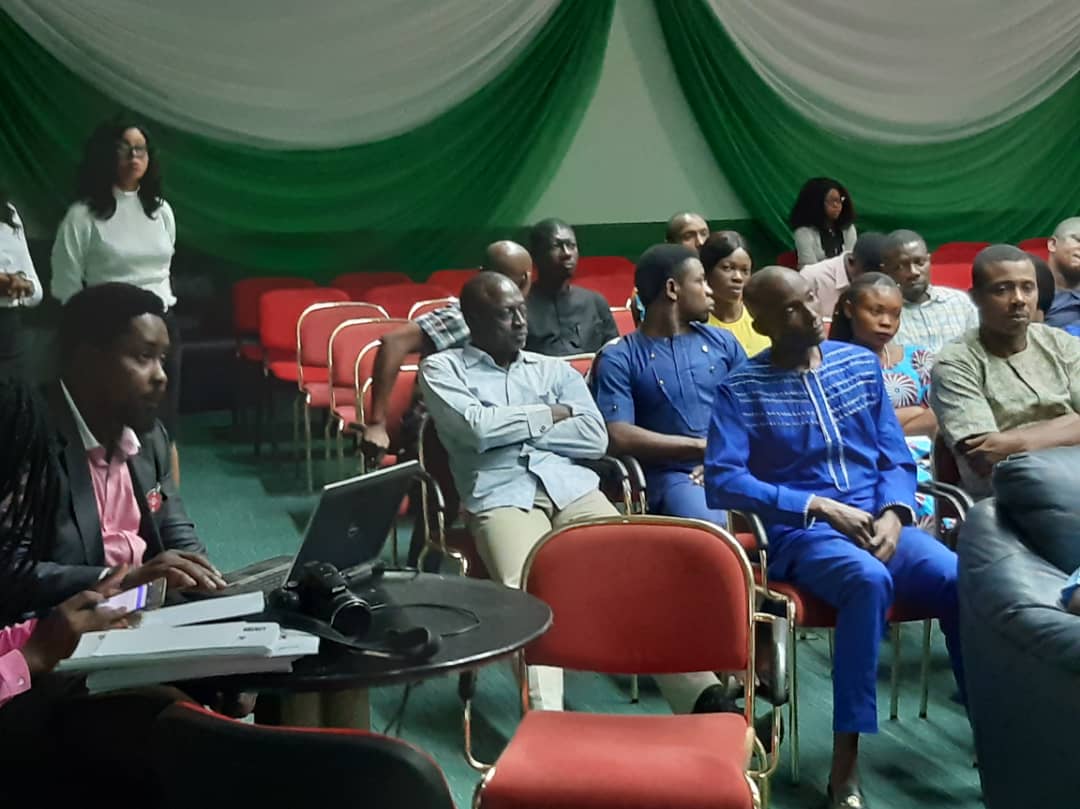
Terrorism is now a major feature of the international political system in the 21st century. Terrorism in the 21st century has gone beyond its traditional conception both in the motivations, objectives, tactics, techniques and territorial aspiration of its actors. Traditional terrorism uses kidnappings, suicide bombings (human and vehicle borne), hostage-taking, improvised explosive devices (IEDs) and armed assaults to achieve mostly political objectives. Terrorism in its present incarnation has expanded from the physical (geographical regions) into the virtual (cyberspace) and its techniques now include the use of technology-driven devices such as unmanned aerial vehicles, Twitter, Blogs Youtube and Facebook. Terrorists’ objectives have gone beyond such abstract concepts as instilling fear, creating awareness for a particular cause and forcing governments to change specific policies, to tangible and disruptive aims like the creation of viable political, administrative, religious and territorial units.
Terrorism has been around since the beginning of recorded history. What have changed are the dissident groups’ capability of inflicting harm on an ever-larger number of people, their ability to organize through the Internet, and, thanks to the media, a heightened concern, bordering on paranoia, among the populace about their own security. Domestically, nations, are deeply concerned about the radicalization of the youth along the entire ideological spectrum. Increased migration from the war-torn areas and failed states is not only putting strains on the nations’ resources but is also fomenting xenophobic reactions among native populations.
There are also fears of terrorist cells among immigrant minorities, isolated in their enclaves. To this volatile mix, we must add the internecine warfare with deep historical roots in the Middle East, Africa, and Asia. Thus, fake news is an enhancer of terrorism and terrorist activities around the world.
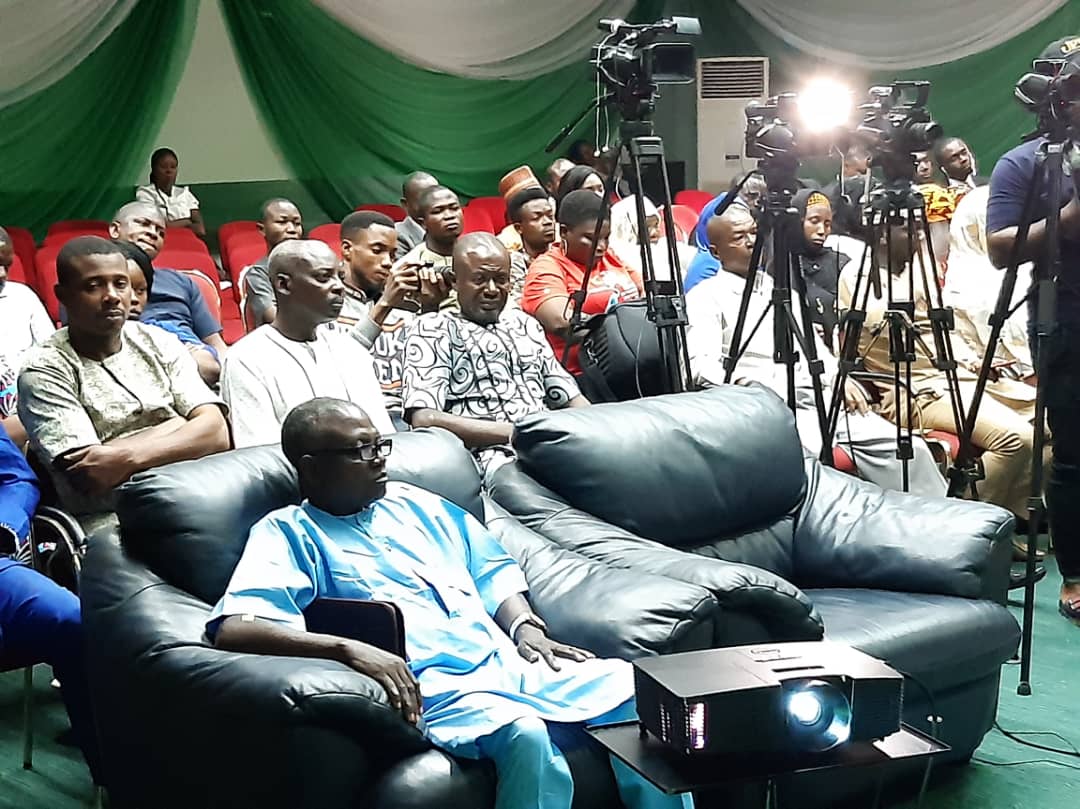
Fake news and its Terrorism Influences
Media and terror are inextricably linked. The media is expected to report and analyse terror as a matter of international priority. Yet striking the right balance between informing the public without unnecessarily stoking fear or giving disproportionate publicity and attention to a terrorist organisation is a complex task. To make matters even more complicated, since the emergence of new media, social media in particular, ‘traditional’ media has had to adapt to and compete in an accelerated news cycle of reporting, commentary and analysis.
Digital platforms such as Blogs, Twitter and Facebook have changed the flow of information in a way that enables unverified user-generated content (UGC) to appear alongside media outlets’ fact-checked content. Unlike traditional media, UGC isn’t subject to strict editorial, ethical or practical guidelines and the speed and scale at which this information is created and disseminated is hard to contain. This presents challenges to news reporting on terror, such as the spread of misinformation and ‘fake news’.
There has been an increasing focus on violent activities in social meda and what would traditionally be categorised as criminality has increasingly branded as ‘terrorism’ as event unfolds and before all of the facts can be ascertained and a judgement made upon factual evidence. The use of social media and other media sources contributes in part to the premature categorisation of these events and creating unnecessary hype.
The use of language, labelling coupled with unsubstantiated or grossly inaccurate facts before an event has been analysed, can result in misinformation and heighten the public fear unnecessarily.
The difficulty is thus separating the fake news about terrorism, the over-exaggerations and untruths from what unfolds. In doing so this creates confusion, fear and unnecessarily intensifies events at a time when the focus should be primarily on dealing with an incident and helping the victims, whether injured or deceased, and those directly affected by the event. A further problem arises which is event fatigue: individuals becoming desensitised to images of pain and suffering and the acceptance of a new norm.
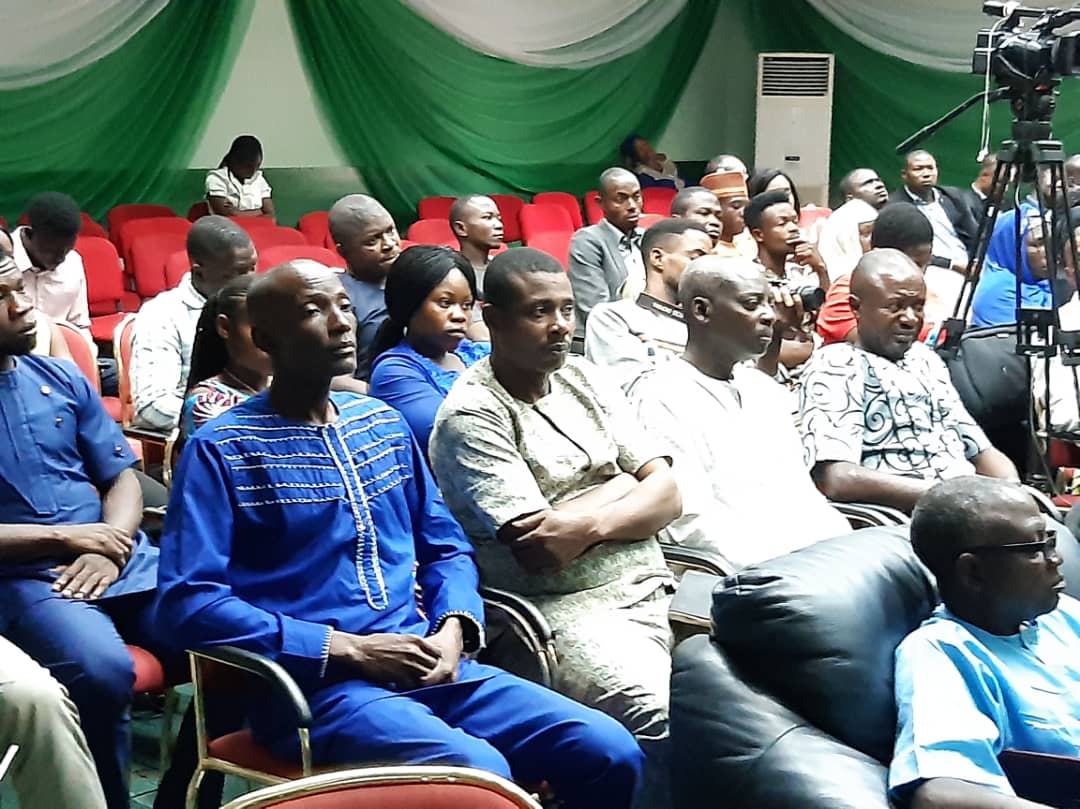
The question then becomes what can we do to ensure the accurate flow of information and the correct categorisation of events. The other interesting question is that terrorist groups or cells manipulate criminals and mettaly ill persons to carry out criminal attacks to ensure that they take credit for these events.
Terrorism is generally defined , as action or intimidation to perpetrate an outcome for the furtherance of a political, ideological or religious objective. There is, however, legal uncertainty regarding the links between the action and the objective of serving further ideological objectives.
This becomes blurred in the case of terrorism where an individual may carry out an attack and hold the flag of a known terrorist group or chant a statement purportedly to link their activity to a bigger cause, to effectively promote themselves as martyrs serving a greater cause when in fact they are criminals.
The problem with the labelling or semantics of these attacks when loosely employed, allowing for a known terrorist group to claim the event was their responsibility, is that this feeds into the objective of that group in increasing publicity. Instead, a more careful control over the labelling of an event and assessment of the facts will limit the media publicity of known terrorist groups. Instead of allowing fake news, fear and hype feed into the objectives of these groups.
Media outlets should remain grounded in facts in the aftermath of an attack, rather than speculating about the perpetrator and their potential terrorist links. A disproportionate response to terror only cultivates further chaos and fear. Violent extremists across the spectrum have capitalised on the spread of misinformation that creates knowledge vacuums and pushes myths and rumours into mainstream society. Media outlets have a responsibility to dispel such myths and rumours, to minimise harm—both physical and rhetorical—when reporting on terror.
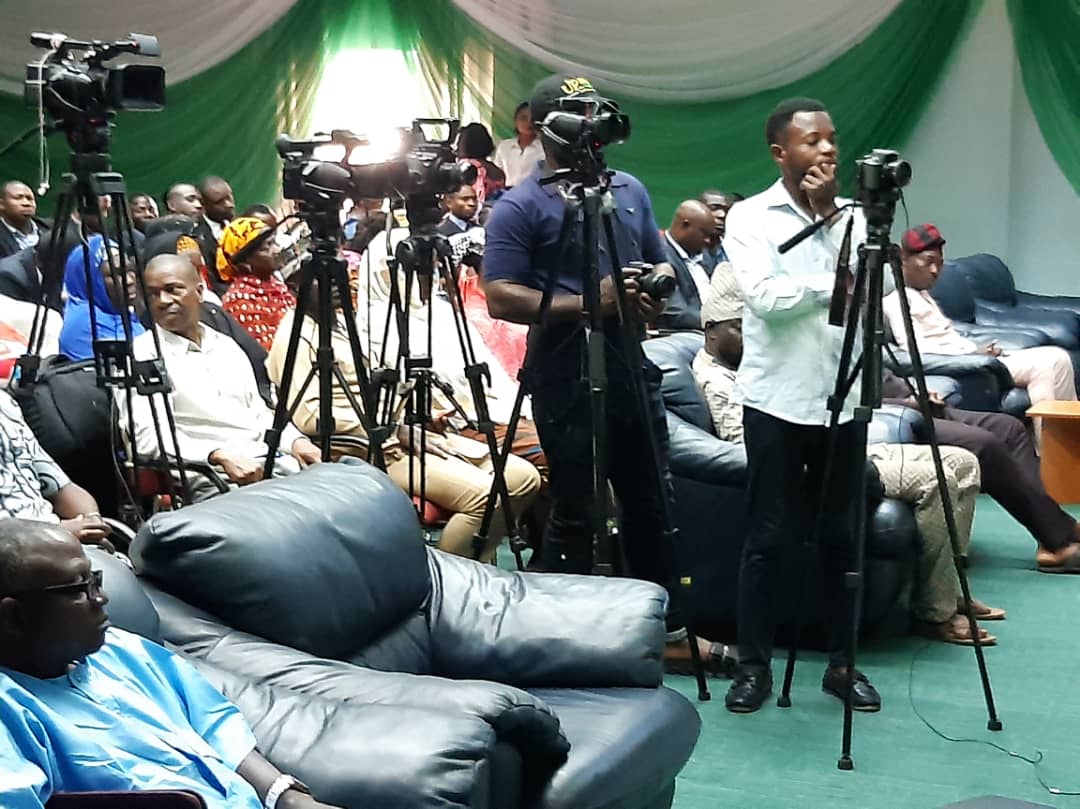
Recommendations
Communicating accurate information and minimising the spread of rumours and conspiracy theories is vital to supporting the public during a time of crisis. News media outlets and social media platforms should play complementary roles in this process: news media must try to ensure that correct information is disseminated, and social media platforms should be more vigilant in preventing bots and propagandists from flooding online platforms with misinformation. The role of independent, nuanced and responsible journalism has never been more important—and yet there’s a growing distrust of mainstream media’s reporting on terror. This stems from Trumpian rhetoric and accusations of fake news, as well as from public perceptions of media bias when reporting on attacks.
It is important for our security experts to remain vigilant. The reduction of misinformation and the accurate use of terrorist terminology relating to events, foiled plots and threats will not detract from the overall objective of public protection but rather will strengthen and focus this goal. Clear information and a common focus on ensuring accurate information is disseminated can be complemented by the accurate and honest acknowledgement of the real threat and the due recognition of the excellent job which the security industry has done to date to abate attacks and minimise the potential for any future events.
Similarly, the general population, while rightfully expressing anguish and grief, must refrain from excessively circulating news in these times, given the possibility that even media channels do generate fake news. The presence of fact checkers, as third parties and separate teams within news channels, is important to ensure that such news is not peddled to an unsuspecting public. Ultimately, it must be noted then that fake news and rumours are frequently spread by various parties despite their intentions and that media and the general public must remain vigilant at this time. In this regard, politicians too have an added and urgent responsibility to prevent both rabble-rousing and circulation of rumours.
States and non-state actors including terrorist groups use misleading information in order to try and influence values and the action of the populace. As such, protection against false information and hostile propaganda is to critically appraise the source,” it continues. “The way to do that is to ask questions like ‘Is this factual information or opinion?’ or ‘Is the source trustworthy?'” It goes on to advise seeking out information from more than one source in order to verify it.
In this age of social media, the spread of misinformation, or ‘fake news’, has made the job of journalists much harder. There are examples of sincere efforts to maintain journalistic integrity, but there are many challenges to overcome, especially related to UGC on social media. Calling for greater government control or a ‘content watchdog’ to police online platforms is a good approach to the above percieved problem. It echoes precisely the ‘Orwellian’ sentiments that tech companies are pushing back against. Rather, as a first step, it should be in their own interest for online platforms to work with news media outlets to develop appropriate ethical, editorial and practical guidelines, and then to regularly adapt and revise those guidelines.
The Nigerian government has made effort to inject sanity into the social media space which, today is totally out of control, contrary to insinuations, the government had no intention of muzzling the media or stifling free speech, the campaign was against fake news and hate speech. Fake news has proven to possess the capaility of inflicting untold damage on Nigeria’s national unity. They represent a clear and imminent danger to the survival of the nation.
Acknowledging that fake news and hate speech is not only a threat to democracy but also to peace, security and cooperate existence of Nigeria. Fake pictures and videos have also contributed their parts in stoking conflicts in Nigeria. All of these interfere with choices of the people and stoke conflicts in the midst of peace as they are being deliberately peddled to cause division and tension in the polity to put Nigeria backward.
Nigeria must find a way to ensure that its national newspapers and TV stations are sustainable to practice quality journalism that will be acceptable to people. When you do that successfully, you will consider good independent regulation of the media; with this will reduce the attention that the fake media get and penalty should be given for maliciously published items.
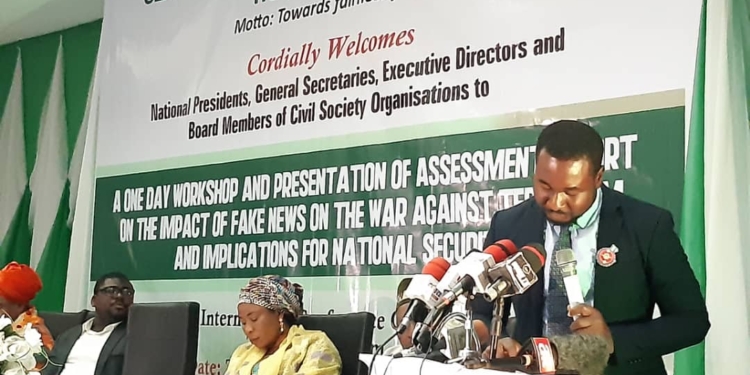



Discussion about this post